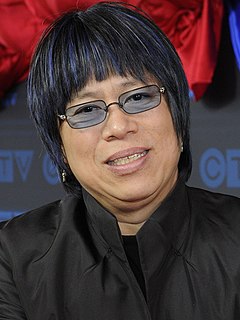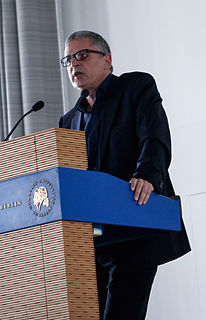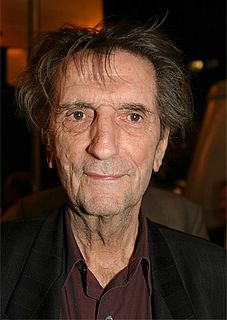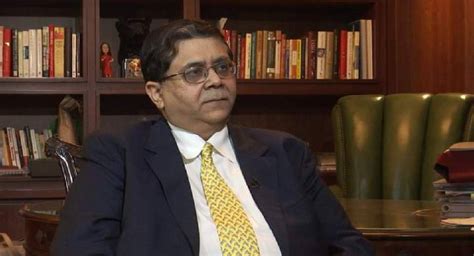A Quote by Huston Smith
The notion that Western religions are more rigid than those of Asia is overdrawn. Ours is the most permissive society history has ever known - almost the only thing that is forbidden now is to forbid - and Asian teachers and their progeny play up to this propensity by soft-pedaling Hinduism's, Buddhism's, Sufism's rules.
Related Quotes
Australia - not western in geography, of course, but in every other respect for sure (it certainly doesn't want to be regarded as Asian, God forbid) - loves nothing more than to throw its weight around in South-East Asia by playing peacekeeper, carrying out its role as the United States' regional policeman.
So-called Western Civilization, as practised in half of Europe, some of Asia and a few parts of North America, is better than anything else available. Western civilization not only provides a bit of life, a pinch of liberty and the occasional pursuance of happiness, it's also the only thing that's ever tried to. Our civilization is the first in history to show even the slightest concern for average, undistinguished, none-too-commendable people like us.
The cartoonists treated Islam the same way they treat Christianity, Buddhism, Hinduism and other religions. And by treating Muslims in Denmark as equals they made a point: we are integrating you into the Danish tradition of satire because you are part of our society, not strangers. The cartoons are including, rather than excluding, Muslims.
India is developing a lot of soft power, and it's not just about us providing outsourcing and call centers to the world. We are providing a lot of thought and a way of life. I think we're also respected for fundamentally a non-violent belief thanks to our religious roots whether it's Hinduism, Jainism, Buddhism, we contributed more religions to the world than any part of the world and that's something which does find its way into how the world looks at it.
The religions whose theology is least preoccupied with events in time and most concerned with eternity, have been consistently less violent and more humane in political practice. Unlike early Judaism, Christianity and Mohammedanism (all obsessed with time) Hinduism and Buddhism have never been persecuting faiths, have preached almost no holy wars and have refrained from that proselytizing religious imperialism which has gone hand in hand with political and economic oppression of colored people.
Reading, reflection and time have convinced me that the interests of society require the observation of those moral precepts only in which all religions agree (for all forbid us to steal, murder, plunder, or bear false witness), and that we should not intermeddle with the particular dogmas in which all religions differ, and which are totally unconnected with morality.







































